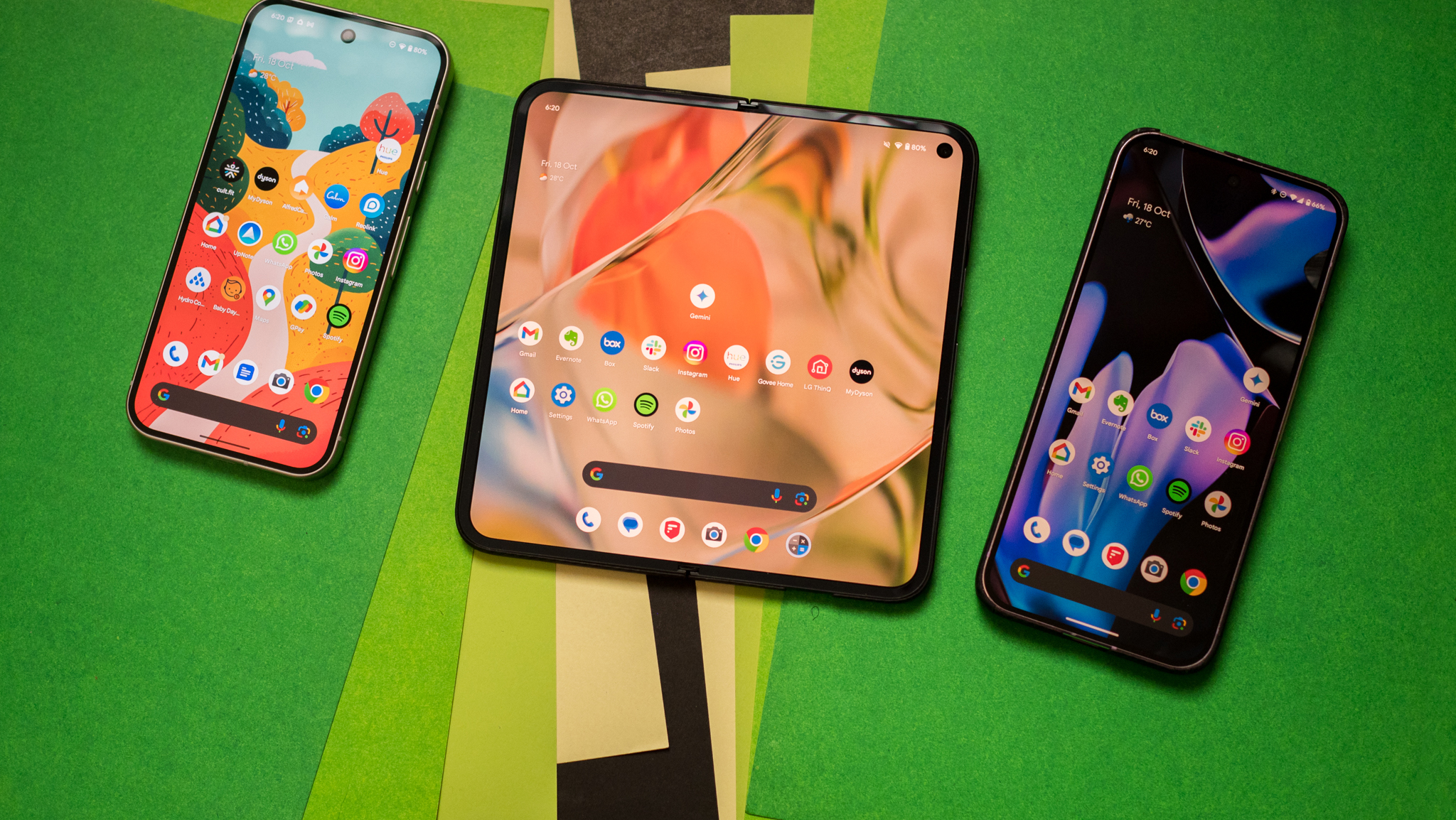Google says Epic's demands are 'unnecessary,' but maybe that was the point
Why not shoot for the stars and see what you end up with?
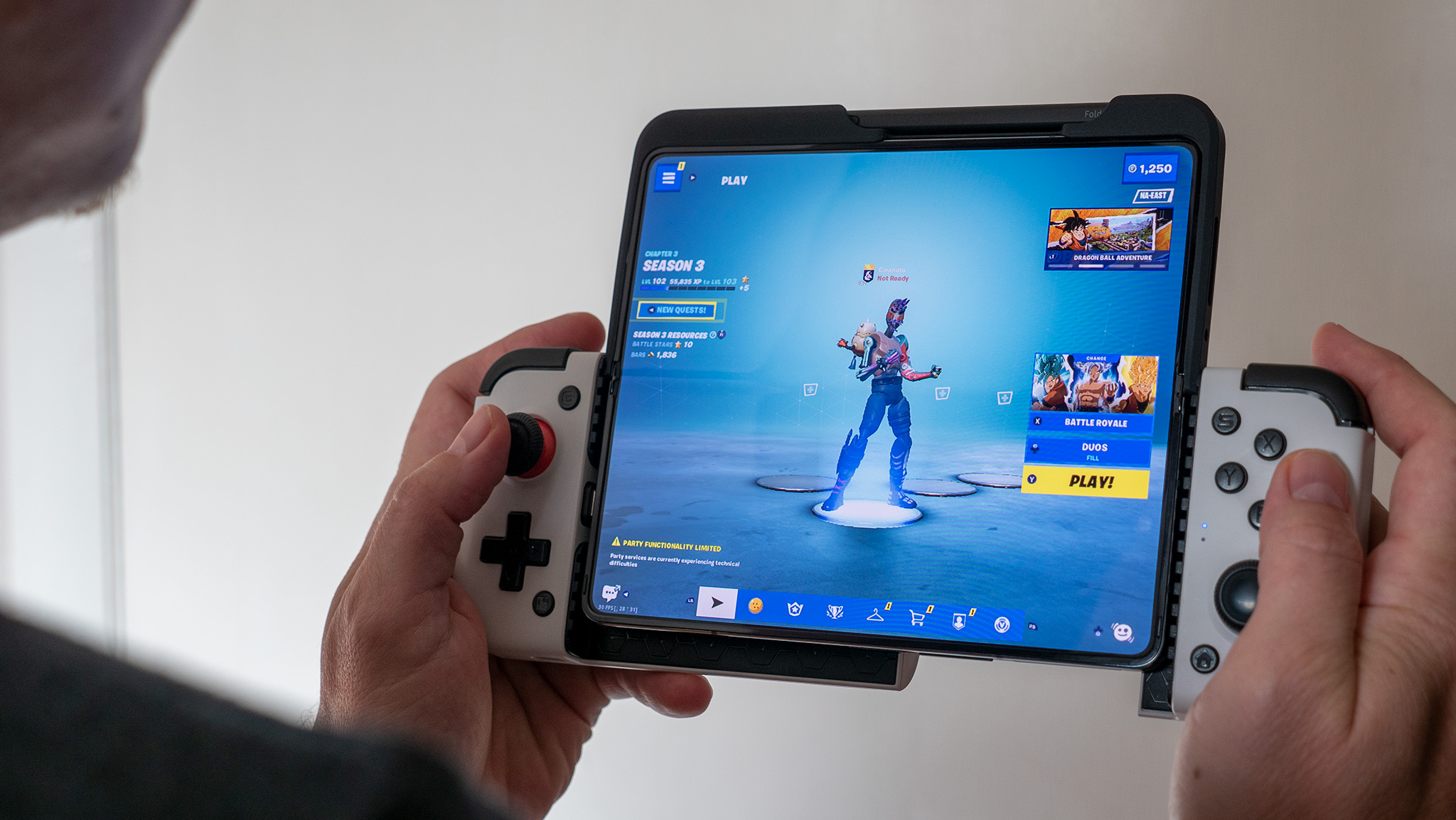
What you need to know
- Epic won an antitrust case against Google in a shocking jury verdict at the end of last year, and now Google and Epic both have the chance to tell the courts how they'd like to move forward.
- Unsurprisingly, Epic announced an exhaustive lists of demands that would blow the Google Play Store right open.
- Now, Google has countered with a statement and isn't happy with Epic's proposals.
Epic has been on a years-long quest to avoid paying fees on mobile platforms and gain the unabridged right to offer alternative payment methods for in-app purchases. Though the company largely lost its lawsuit against Apple, the opposite happened in its case against Google. In an unexpected jury verdict in December 2023, it was determined that Google has a monopoly on app distribution on Android. So, what comes next?
Though Epic won its case, the situation is far from over. First, Epic had to tell the court what it wanted a resolution to look like. Then, Google had a chance to respond by May 2 with its own filing, and the company did so last week. Later this month, a hearing scheduled for May 23 will see each side make their case in front of a judge with expert testimonies. A final decision from the court is certain to come later than that.
Google still plans to challenge the original verdict, but its latest court filing tells us what it thinks about Epic's demands. In a statement to TechCrunch, Google's vice president of Government Affairs & Public Policy, Wilson White, called Epic's asks "unnecessary" and "far beyond the scope of the recent U.S. trial verdict."
While Epic did win the case, the court's opinion on the injunctions filed by Epic and Google will determine what the game developer actually won. The positions held by both companies are entirely expected, and it's doubtful that either Epic and Google think that the courts will completely side with them. What will likely happen is that presiding Judge James Donato of the United States District Court for the Northern District of California will find a middle ground between the two companies.
What Epic asked for, and why it makes sense

The changes that Epic wants to see on the Google Play Store are far-reaching and would create a completely different environment than the one we see today. It might be easy to laugh at Epic's proposed remedy, but it makes complete sense. In a negotiation, you always ask for more than you think you'll get. That way, when concessions are made, you'll end up with more than you would have if you started out at what might be considered more reasonable and fair.
Of course, Epic could also end up getting everything it asked for. After all, few experts and analysts expected Epic to come away with a victory against Google in the first place. If you're at the helm of Epic, why not try for absolutely everything you can and see what you come away with?
A high-level overview of what Epic is asking for is complete parity between the experience of downloading apps through the first-party Google Play Store, third-party app marketplaces, and sideloading. There's a full 16 pages of demands, but it all boils down to that central point.
Be an expert in 5 minutes
Get the latest news from Android Central, your trusted companion in the world of Android
Epic wants Google to remove Android warnings that push users away from downloading apps from alternate sources and cease exclusivity deals with developers. It also wants to bar Google from offering exclusive features that other developers can't, like integration with Google products and services.
Google's rebuttal isn't wrong, either
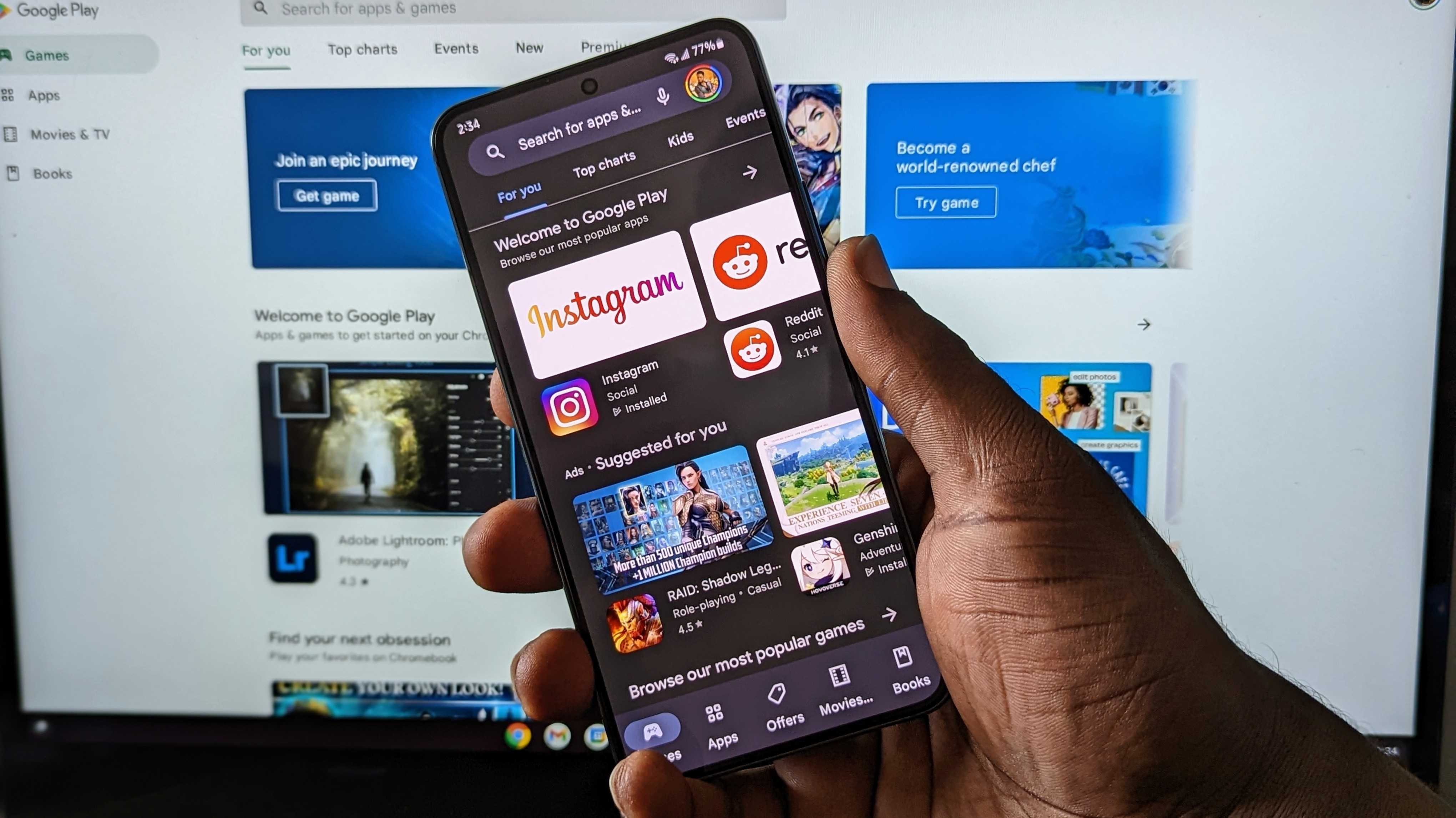
We also can't blame Google for countering with its alternative viewpoint, which appears to be a bit more fair than Epic's, although that's all up to interpretation.
"Epic's demands would harm the privacy, security, and overall experience of consumers, developers, and device manufacturers," said White, on behalf of Google, in a statement.
"Not only does their proposal go far beyond the scope of the recent U.S. trial verdict — which we will be challenging — it's also unnecessary due to the settlement we reached last year with state attorneys general from every state and multiple territories," he continued.
"We will continue to vigorously defend our right to a sustainable business model that enables us to keep people safe, partner with developers to innovate and grow their businesses, and maintain a thriving Android ecosystem for everyone."
Google tells the court in its filing that Epic's proposed changes, specifically around third-party app stores, would limit its ability to protect users' privacy and security. Additionally, it says that Epic's asks would force it to tell third-party app marketplaces the list of apps users have already installed, potentially putting users in a compromising position. This could be devastating for users since governments in the U.S. are already using users' installed apps to investigate or prosecute them.
Finally, Google argues that some of Epic's demands are redundant due to a previous settlement the company made in a case with some U.S. state attorneys general. This deal eliminates expansive Google Play Store exclusivity deals but still gives Google the opportunity to make smaller exclusivity agreements within apps. Google says Epic's ask to remove exclusivity deals altogether would limit developer opportunities.
What does a final ruling look like?
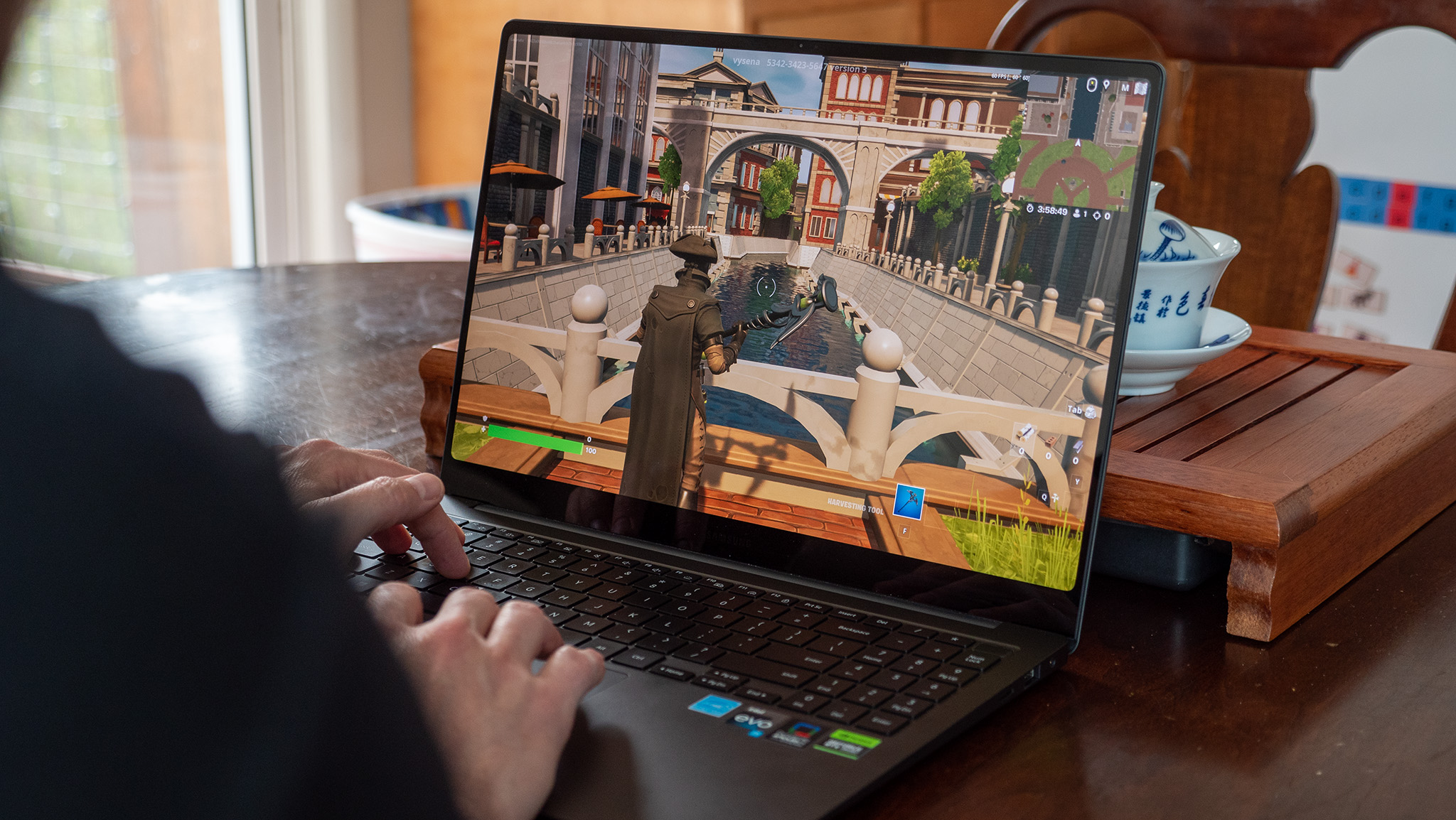
Epic and Google are clearly at odds, and that's to be expected. After a review process, Judge Donato will likely create a final verdict that differs from both companies' proposed injunctions. We don't know what that might look like right now, but we may get a better idea following the May 23 hearing, where both sides will make their cases.
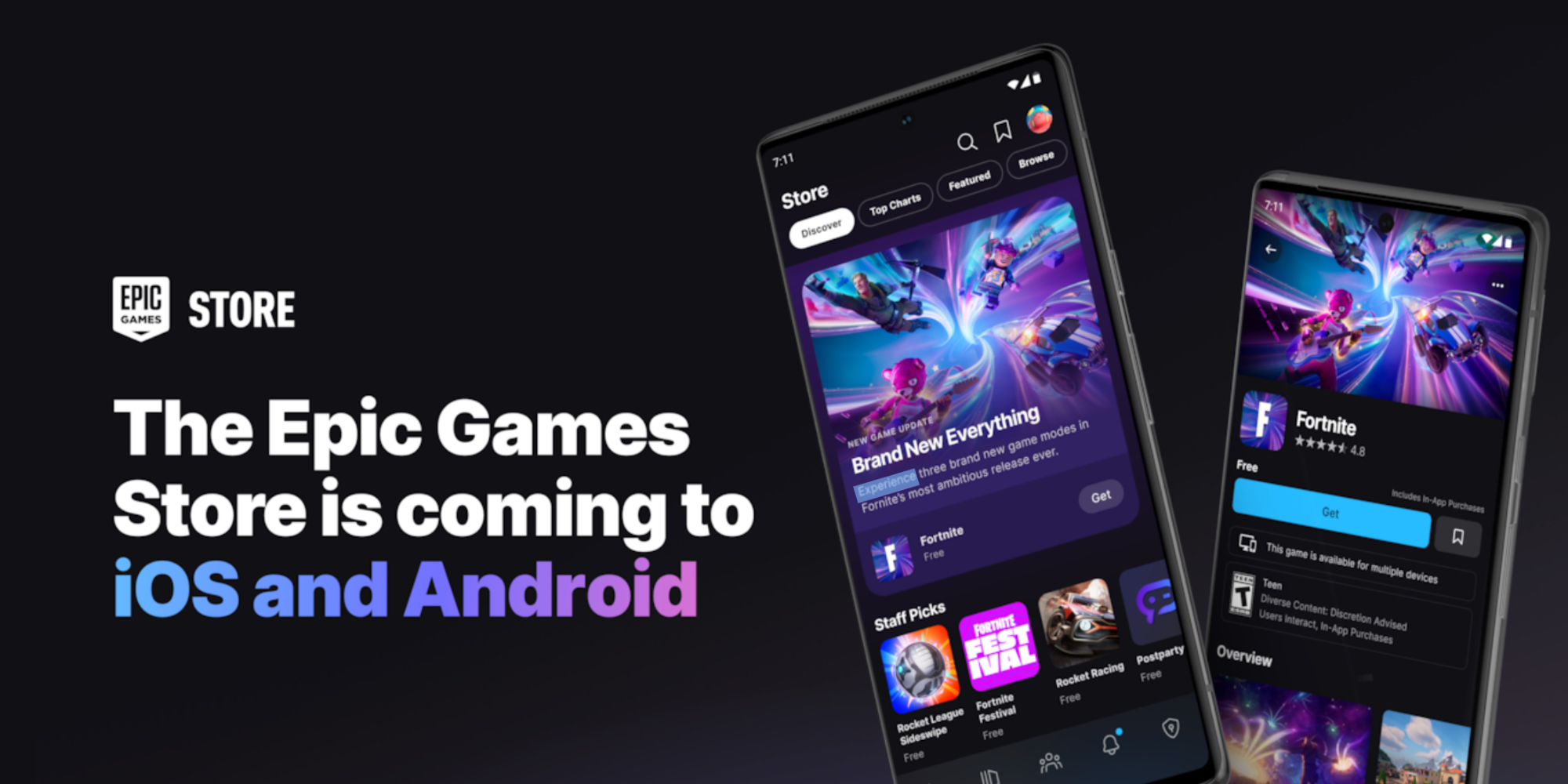
We do know that however the result shakes out, Epic is pushing alternative app marketplaces on Android. The Epic Games Store is coming to Android later this year, regardless of the verdict in this case. However, if the court sides with Epic more than Google, the Epic Games Store might have a better chance to compete with the Google Play Store.

Brady is a tech journalist for Android Central, with a focus on news, phones, tablets, audio, wearables, and software. He has spent the last three years reporting and commenting on all things related to consumer technology for various publications. Brady graduated from St. John's University with a bachelor's degree in journalism. His work has been published in XDA, Android Police, Tech Advisor, iMore, Screen Rant, and Android Headlines. When he isn't experimenting with the latest tech, you can find Brady running or watching Big East basketball.
You must confirm your public display name before commenting
Please logout and then login again, you will then be prompted to enter your display name.
